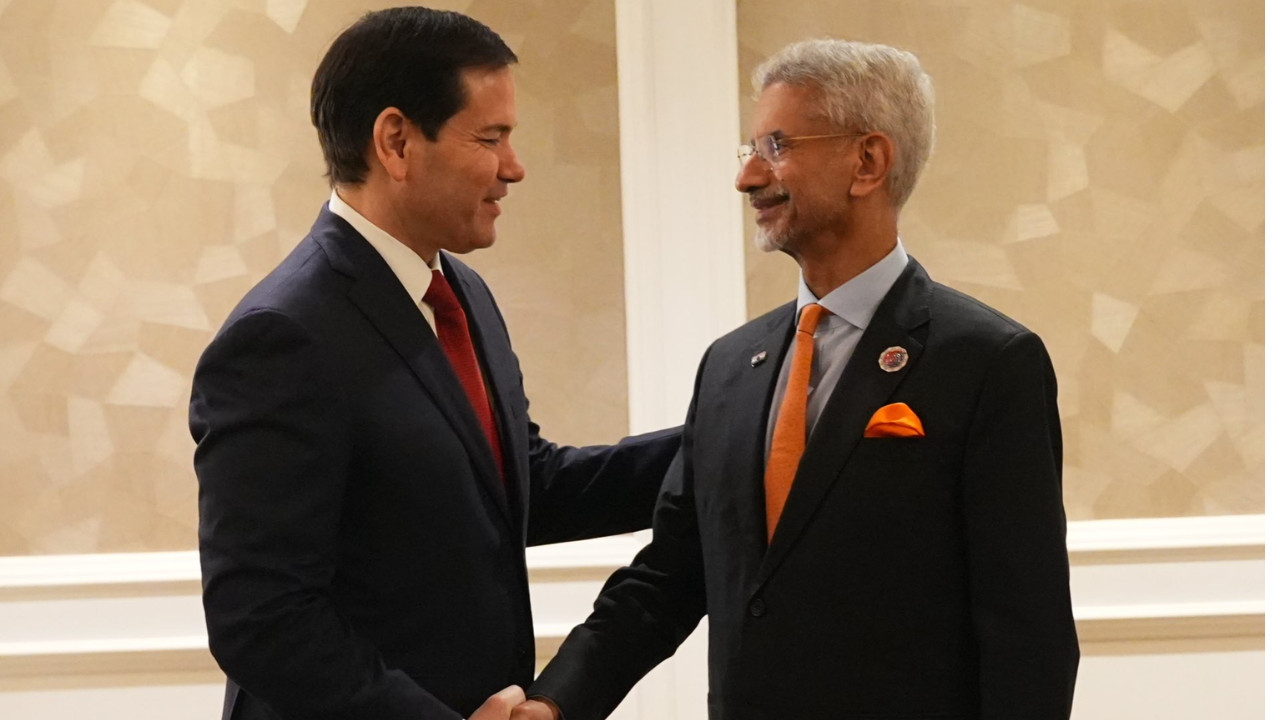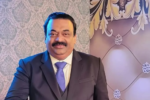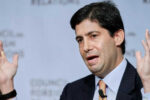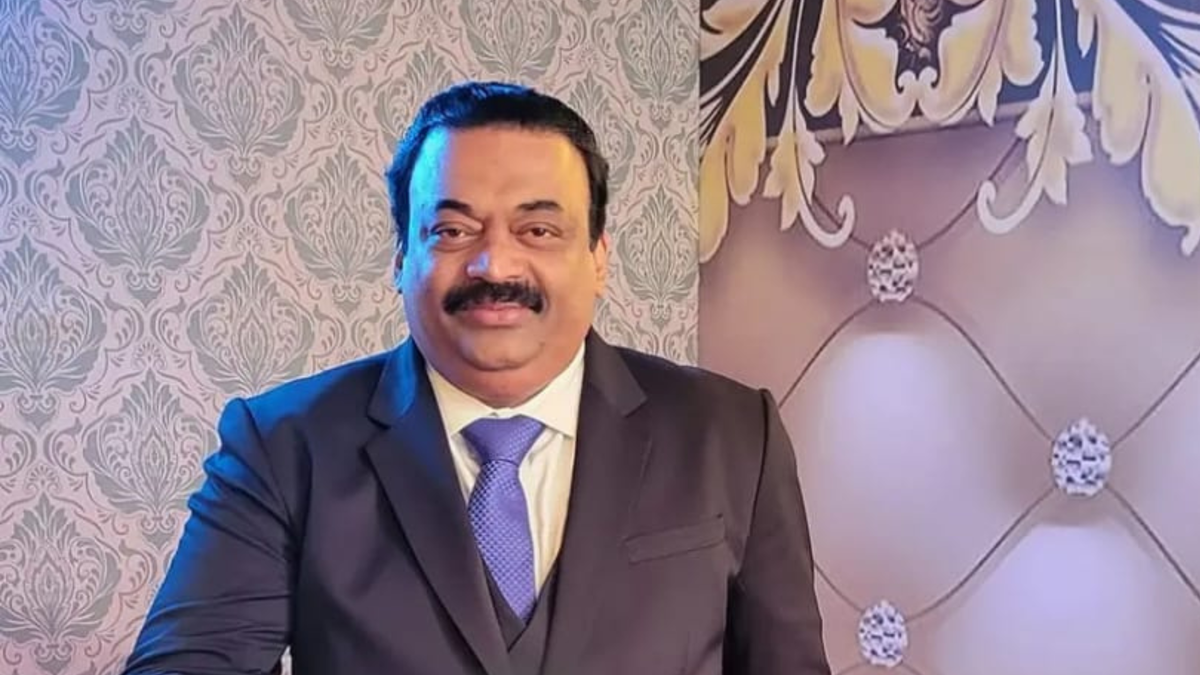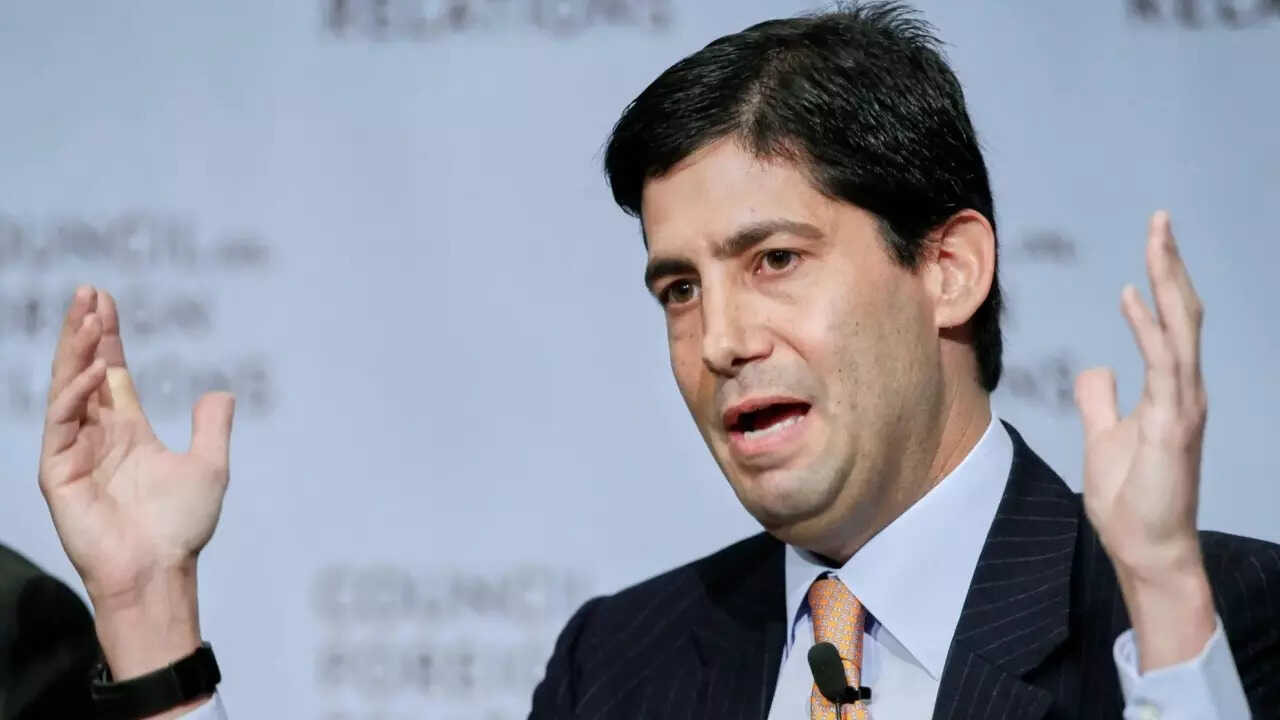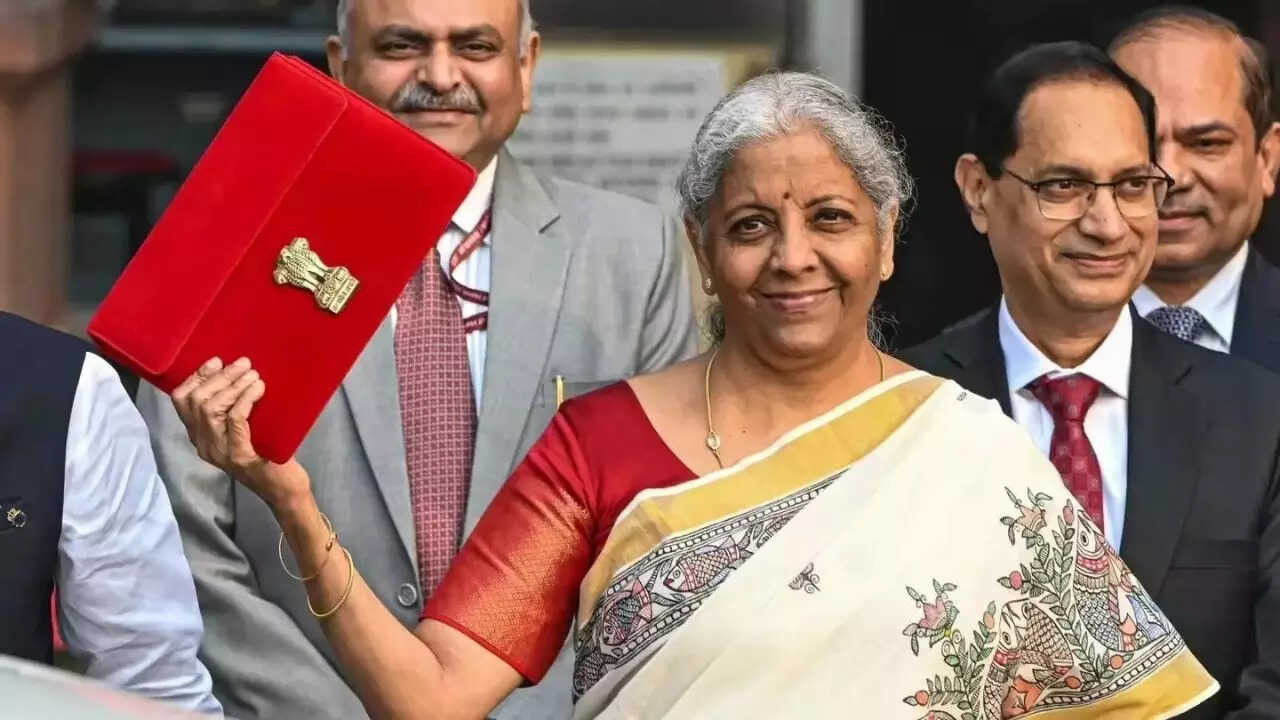External Affairs Minister S Jaishankar met with US Secretary of State Marco Rubio in Kuala Lumpur to discuss bilateral ties and regional issues alongside the ASEAN summit. The meeting occurs as India and the US are nearing completion of a proposed bilateral trade agreement, with officials emphasizing a cautious, long-term approach to negotiations.
Navigating the Tightrope: India-US Relations in a Shifting World
The air crackled with anticipation on the sidelines of the recent ASEAN summit. It wasn’t just the usual diplomatic pleasantries; something more significant was brewing. External Affairs Minister S. Jaishankar’s meeting with US Senator Marco Rubio came at a particularly interesting juncture in the India-US relationship – a time characterized by both deepening strategic partnerships and simmering trade tensions.
Their discussion, billed as a comprehensive exchange on regional and global issues, provided a crucial opportunity to address the elephant in the room: tariffs. The US, under successive administrations, has displayed a willingness to use tariffs as a tool, sometimes unsettling established trade dynamics with India. These protective measures, while aimed at bolstering domestic industries, can inadvertently create friction in what is otherwise a blossoming relationship.
The meeting wasn’t solely about trade woes. The Indo-Pacific region, a focal point for both nations, undoubtedly occupied a significant portion of their conversation. Both India and the US share a vested interest in maintaining a stable and secure Indo-Pacific, one where international law is respected, and no single power dominates. China’s growing assertiveness in the region has pushed India and the US closer, forging a strong strategic alignment on maritime security, freedom of navigation, and upholding a rules-based order. This shared vision translates into increased cooperation on everything from joint military exercises to intelligence sharing.
Beyond the Indo-Pacific, the two leaders likely discussed the ongoing conflicts in Ukraine and Gaza, exploring avenues for de-escalation and humanitarian assistance. India, while maintaining a non-aligned stance on the Ukraine war, has consistently called for dialogue and diplomacy. The US, a staunch supporter of Ukraine, would have sought India’s perspective on the evolving geopolitical landscape and potential pathways to a peaceful resolution.

The Delicate Dance of Trade and Diplomacy
Finding the right balance between economic interests and strategic imperatives is key to preserving and strengthening India-US relations. While disagreements on trade are inevitable, they need not overshadow the broader strategic convergence. Clever diplomacy and open channels of communication are vital in managing trade disputes and preventing them from escalating into broader geopolitical tensions.
One potential avenue for progress lies in identifying areas of mutual benefit in trade. Perhaps focusing on sectors where both nations can leverage each other’s strengths, such as technology, renewable energy, and pharmaceuticals, could create a win-win scenario. Increased investment in these areas could not only boost economic growth in both countries but also foster greater interdependence and reduce the likelihood of trade disputes.
The Importance of People-to-People Ties
It’s easy to get lost in discussions of trade deficits and geopolitical strategies, but it’s important to remember that the foundation of India-US relations is built on strong people-to-people ties. The vibrant Indian diaspora in the US has played a significant role in bridging the cultural and economic gap between the two countries. They serve as ambassadors of goodwill, promoting understanding and cooperation at all levels.
These connections extend beyond the diaspora, encompassing academic exchanges, cultural collaborations, and growing tourism. These interactions foster a deeper appreciation for each other’s cultures and values, strengthening the overall bond between the two nations. For example, programs that bring American students to India and vice versa can instill a more nuanced understanding of each country’s complexities, which can help improve diplomatic problem-solving later in their careers. (Read more about student exchange programs).
Looking Ahead: Navigating the Future of India-US Relations
The meeting between Jaishankar and Rubio underscores the continuous effort required to navigate the complexities of the India-US relations. While challenges remain, the underlying strength of the partnership, driven by shared values and strategic interests, provides a solid foundation for future cooperation. Open dialogue, mutual respect, and a willingness to address concerns on both sides are essential for maintaining a strong and vibrant relationship that benefits not only India and the US but also the broader global community. The long game requires a commitment to finding common ground, even when the immediate landscape appears contentious.
